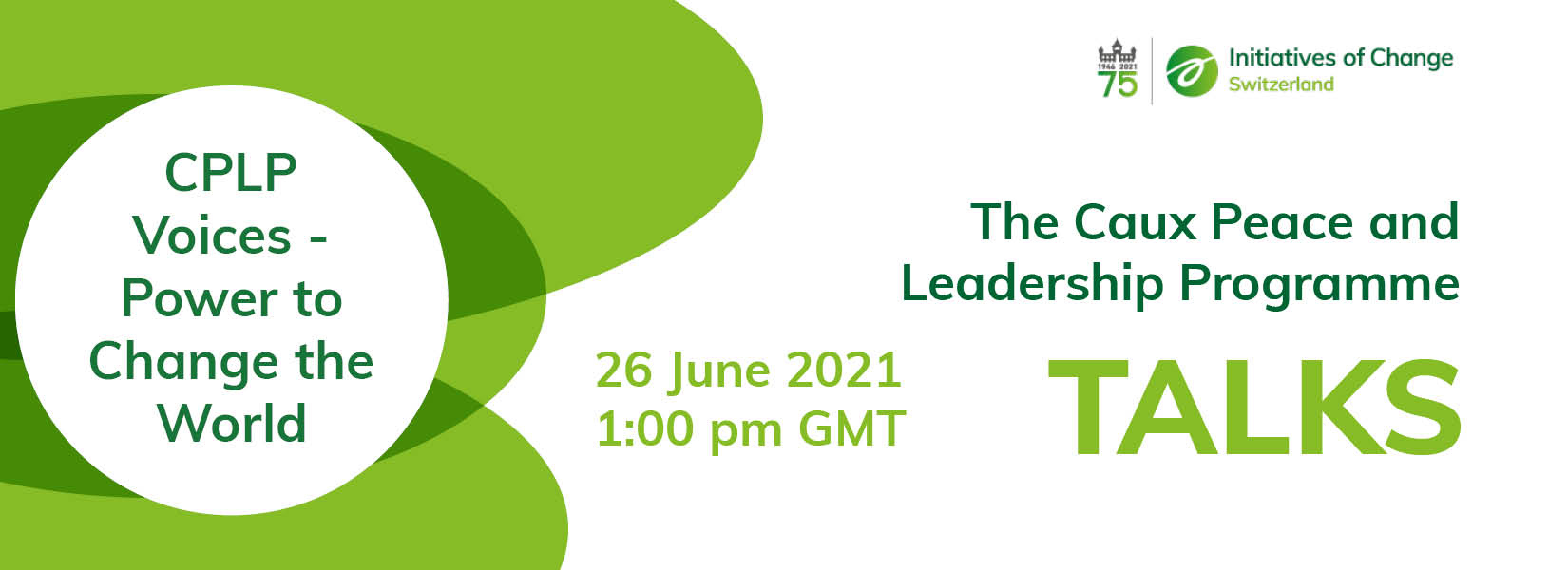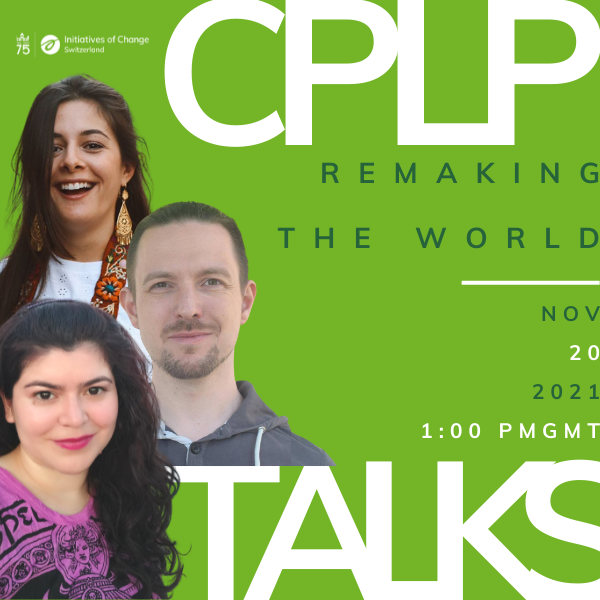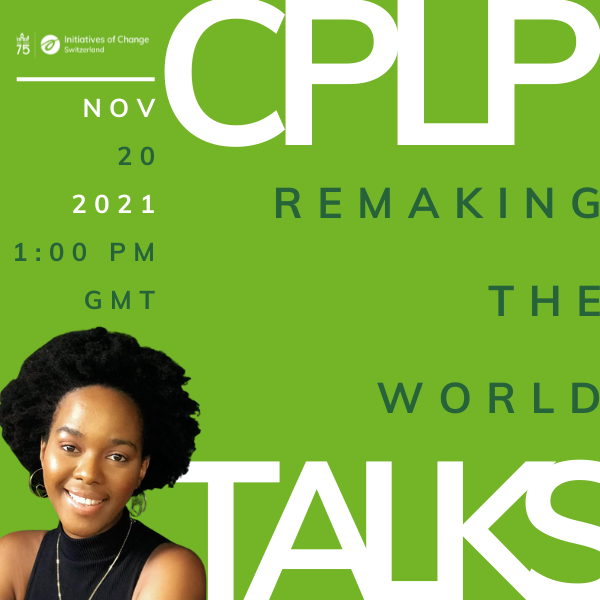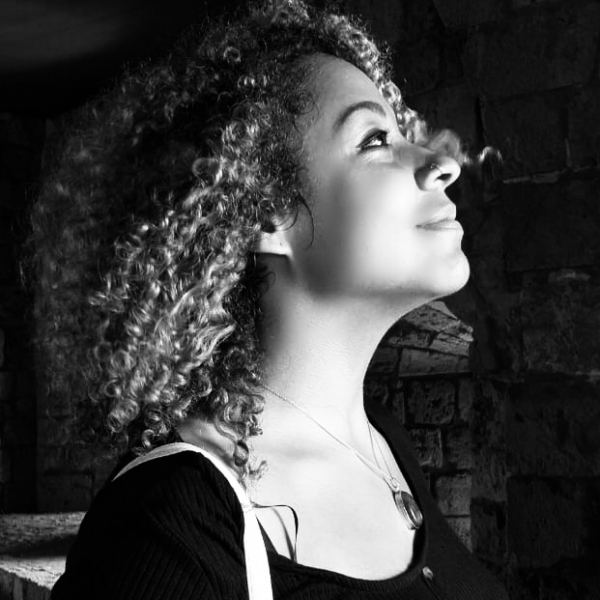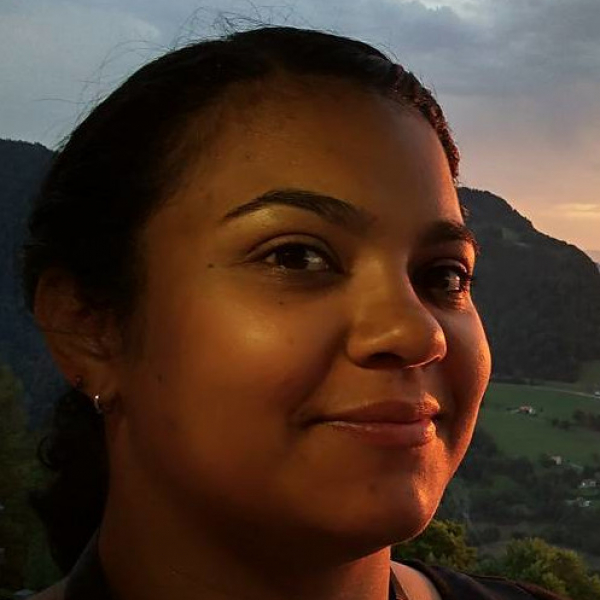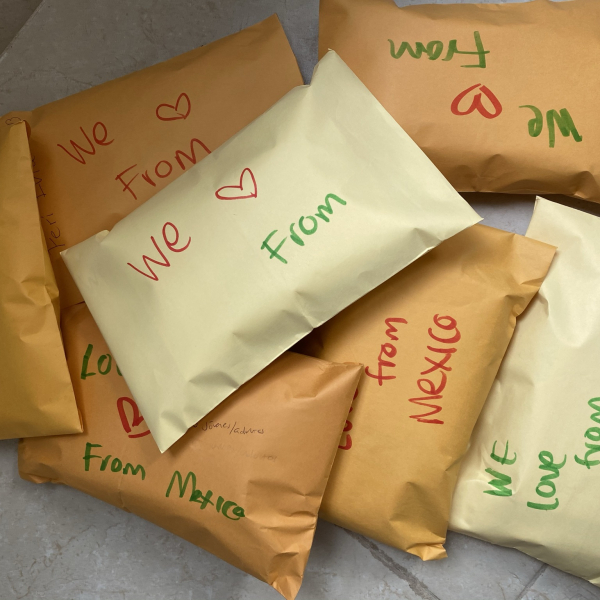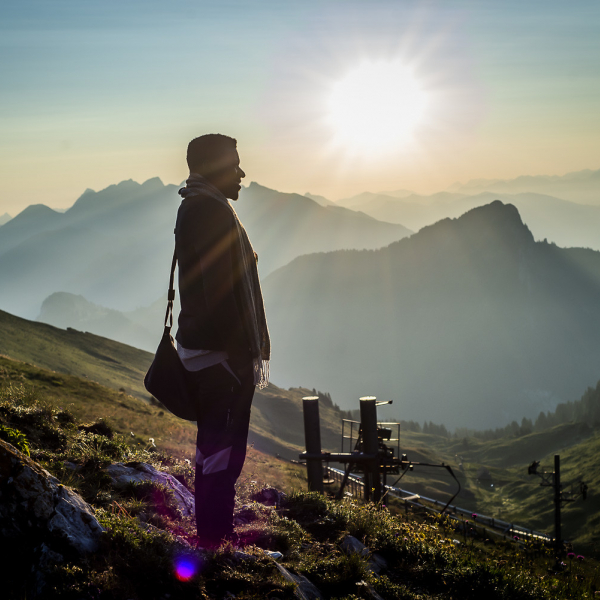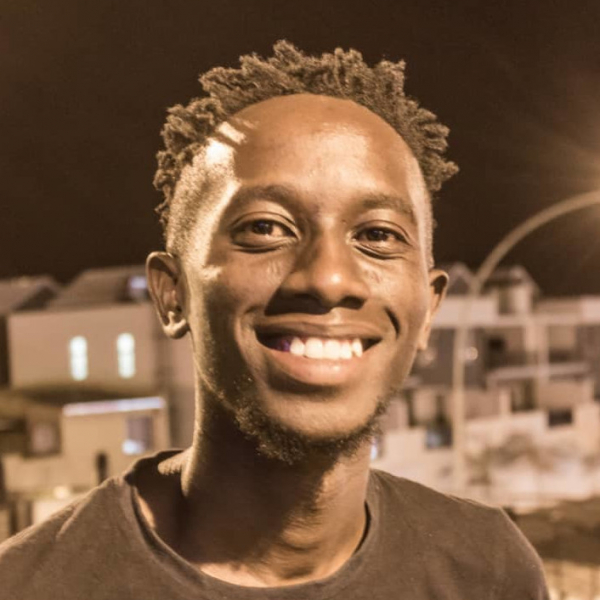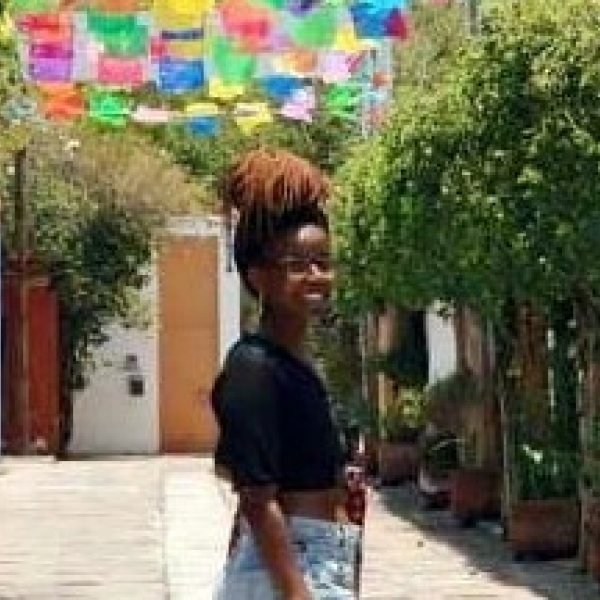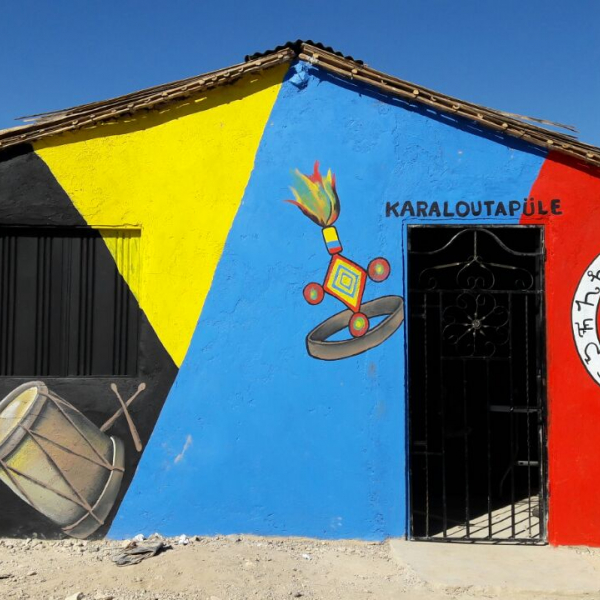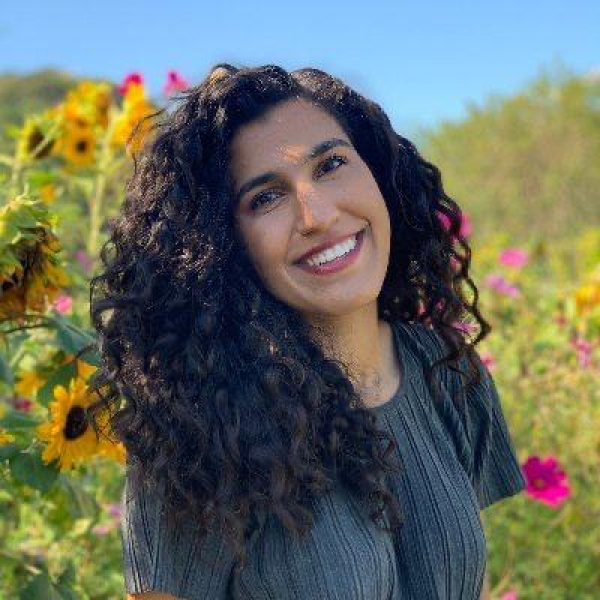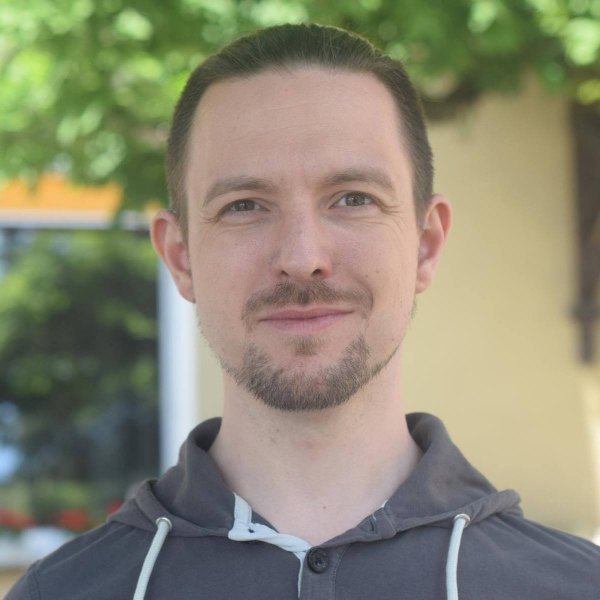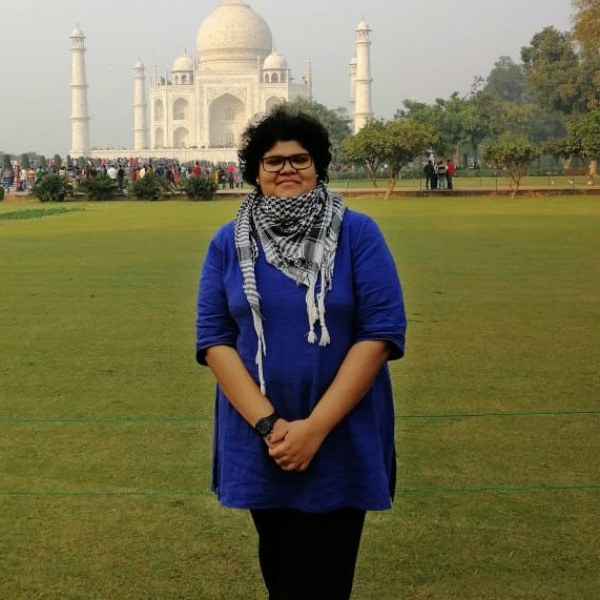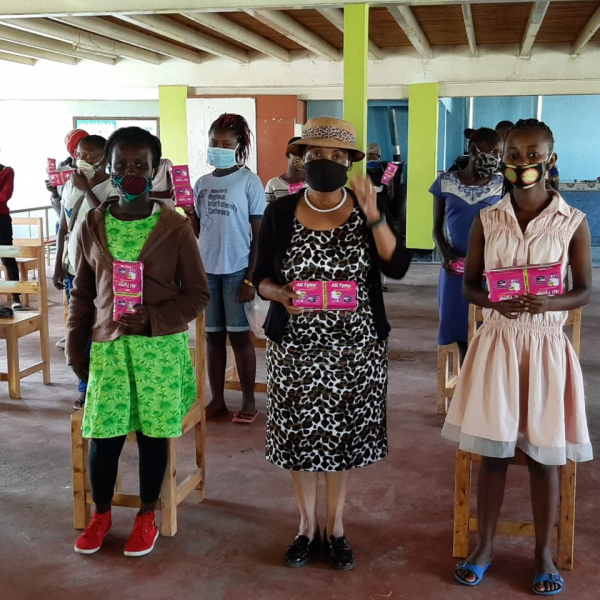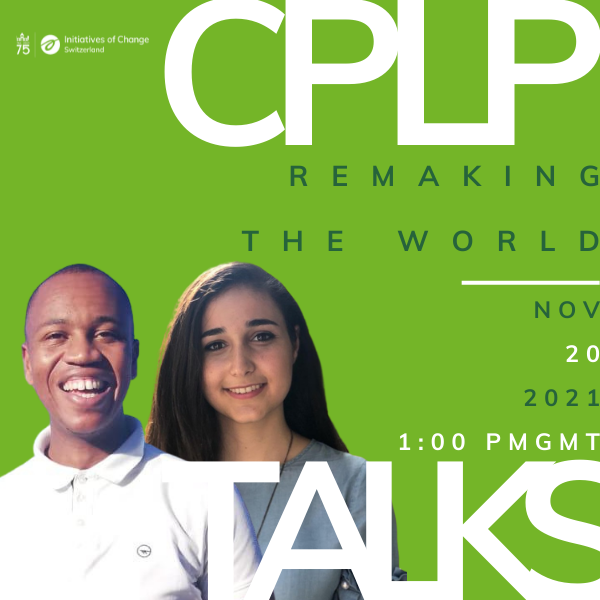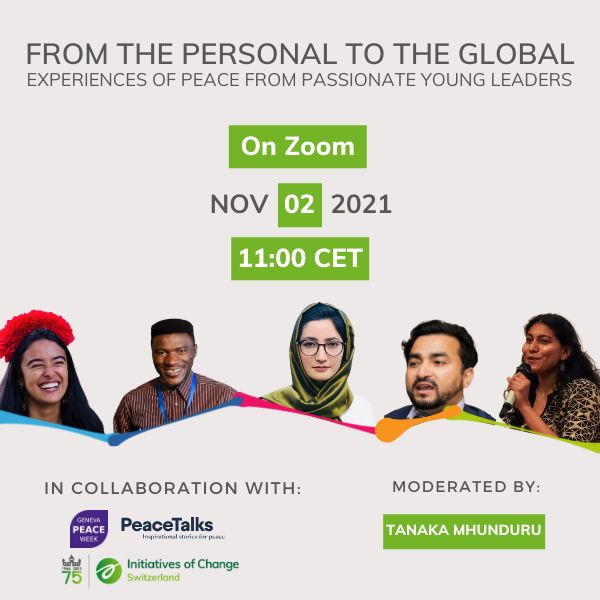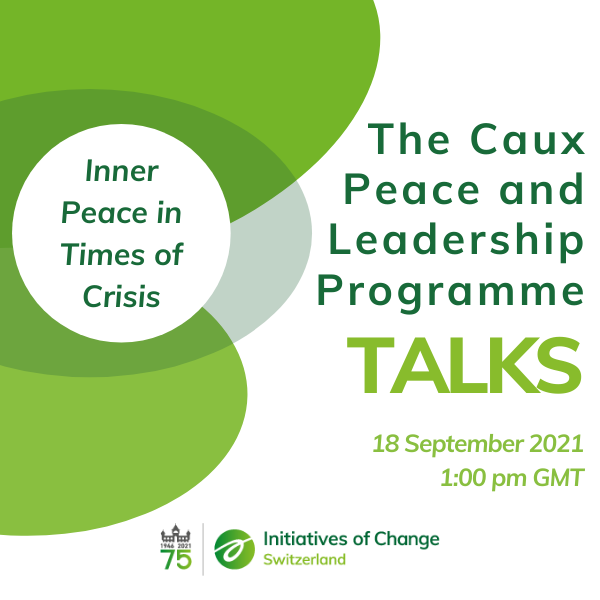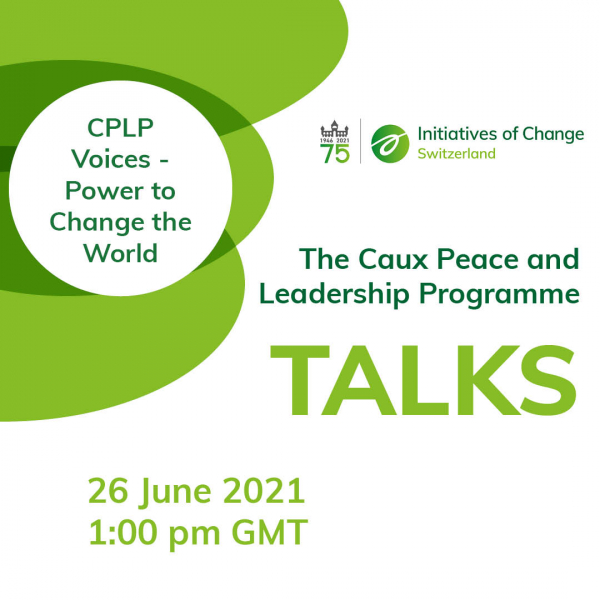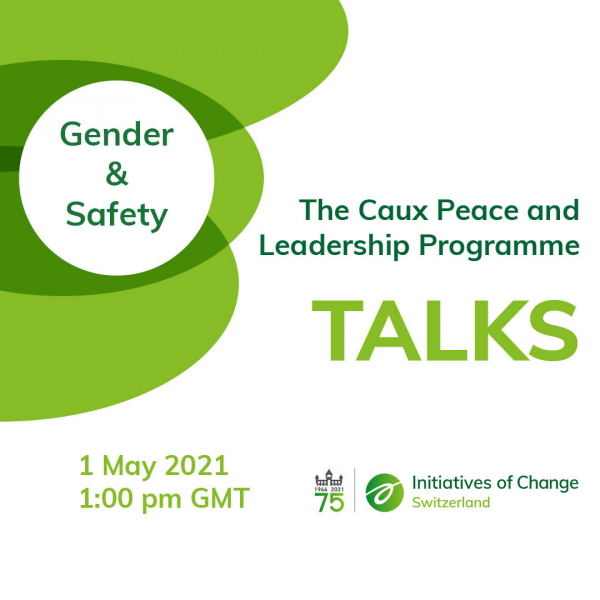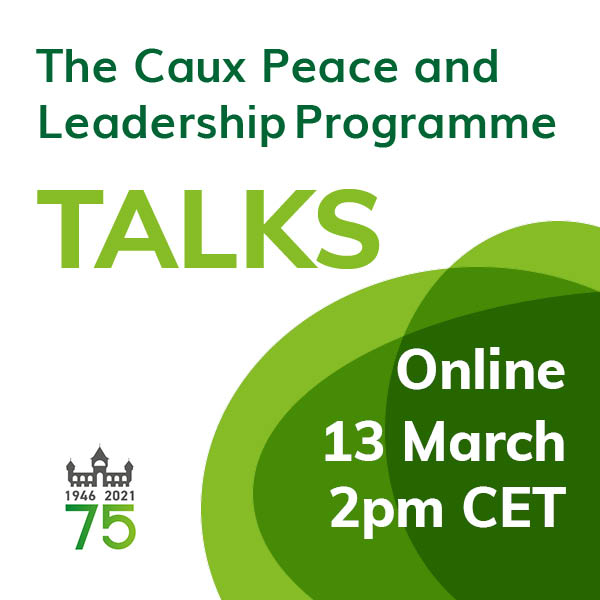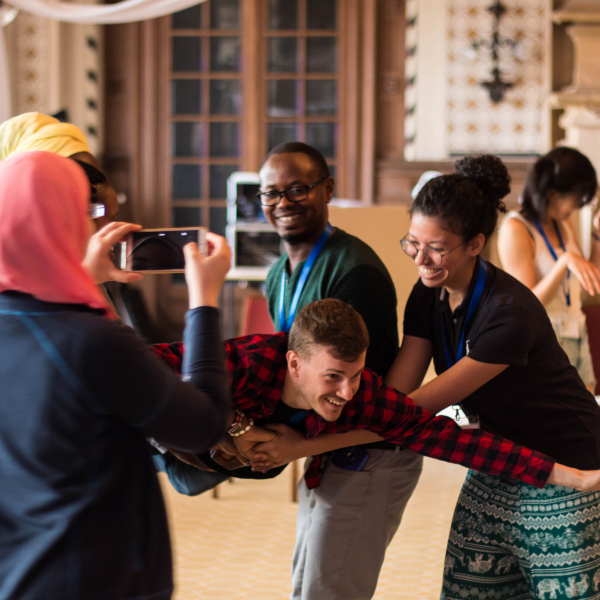'How do I talk about peace?'
Caux Peace and Leadership Programme Talks 6
11/06/2021
How do I talk about peace in what feels like the most unequal country in Latin America? How can we generate social and sustainable development in a country which has been at war with itself for over 60 years? These are some of the questions I ask myself when I think about my country's socio-political situation. As a Colombian woman, I have grown up surrounded by many questions about war, social inequality and unfairness.
The social, economic and political crisis of the last few years has further complicated matters. Violence has flared up, especially in rural areas, following the failed peace agreement while inequality and poverty have been brought to a tipping point by the COVID pandemic. This has created a climate of uncertainty and indignation. The resulting national strikes, which began on 28 April, have now lasted for more than a month, underlining the historical wounds which the country must heal in order to move forward.
Given this situation, feeling hope and believing in change may seem meaningless. A few years ago, this is what I would have thought; however, despite everything that’s happening, I do believe that positive action can be taken. Part of this belief is thanks to the Caux Peace and Leadership Programme. This experience was a turning point in my life. Finding myself in such a diverse space where people talk from their hearts about leadership and social change made me rethink the issues that have accompanied my life and realize the enormous power we all have within us.
I have always liked the quote 'One cannot pluck a flower without troubling a star'; however, it was not until my Caux experience that I genuinely understood its depth and strength. Seeing my peers' different projects and initiatives in their communities inspired me and showed me that so-called “small actions” can transform lives and societies. Change can, without doubt, come in different ways and from different places, often ones that are not very visible.
Change can, without doubt, come in different ways and from different places, often ones that are not very visible.
My time in Caux inspired me to get actively involved with various social initiatives. Nowadays, I work for a local NGO which has a network of hundreds of leaders from vulnerable communities. During the current crisis, I have seen up close the positive impact that these leaders’ roles and actions have on their communities. Beyond the different obstacles, they look for ways to protect and care for their people. This has confirmed my belief that leaders are like raindrops in times of drought: they bring hope.
Indeed, what is happening in Colombia has been painful and frustrating. Nonetheless, the Colombian people have come together through demonstrations, community actions and collaborations to show that a better future can be created. We can all draw strength from a series of “small actions” despite the violence my country faces. I find it hard to believe, but together we are shaping a different reality, a reality based on the principles of justice, equity and dignity.
Valentina Poveda is from Bogotá, Colombia. She is a political scientist with minors in Sociology, Social Development Studies and Literature. Currently, she works as a project coordinator for educational programmes at the NGO Manos Visibles. Valentina participated in the Caux Peace and Leadership Programme in 2018 and 2019.
i
_______________________________________________________________________________
The Caux Peace and Leadership Talks (CPLP Talks) are an online space where stories can be shared and connections made. This series is hosted and facilitated by the Caux Peace and Leadership Programme Alumni as a two-way discussion. It offers an opportunity to listen to young voices from around the world, get inspired and engage with one another.
If you wish to be part of the next CPLP Talks on 26 June at 1:00 pm GMT and share your thoughts and feelings on the power of young voices, you can sign up here.
